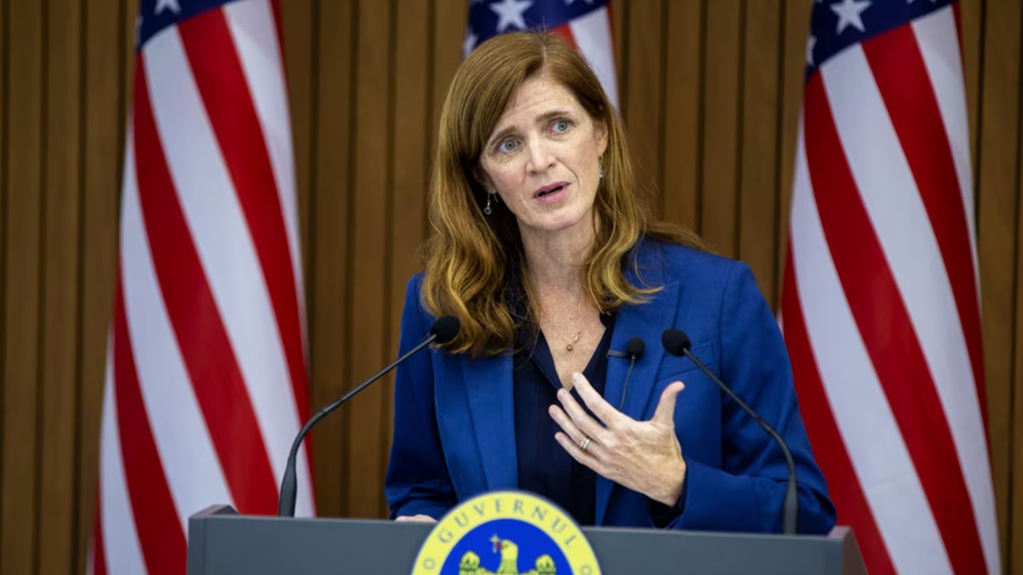USAID has strongly condemned the adoption of the Russian Law on so-called Foreign Agents by the Georgian Parliament. As the organisation's head, Samantha Power says, this law undermines Georgia's vibrant civil society and independent media, ultimately making it difficult for them to provide essential services to the Georgian people.
News
“We are deeply concerned about the effects of such legislation on organizations who are doing critical work on the ground to strengthen democratic governance and drive economic growth.
As the European Union has made clear, this law has the potential to derail Georgia’s prospects for further integration into the EU, an effort that garners support from the majority of the Georgian people.
And it would directly threaten the longstanding bilateral partnership – a partnership that dates back to the early 1990s throughout which USAID has provided nearly $2 billion in assistance – between the United States and Georgia, built on mutual interest and a shared commitment to democracy,” says Samantha Power.
The United States urges the Georgian Government to focus on initiatives that will address the most pressing needs of the Georgian people.
Georgian Dream reintroduced the Russian Law on the so-called Foreign Agents, which was revoked last year, in the parliament on April 3, 2024, and passed it in all three readings within six weeks. The initiative was supported by 84 MPs from Georgian Dream, People's Power, and European Socialists.
The Russian Law, which designates independent media and NGOs as Foreign Agents, has been condemned by all of Georgia's Western partners as incompatible with European norms and values, and unsuitable for a country that seeks to join the EU and NATO.
Prime Minister Irakli Kobakhidze stated that from May 14 to 28, during the veto procedure, it is possible to reconcile positions regarding the law if "specific legal notes" are presented.
If the law fails to comply with EU norms, US sanctions are expected.















